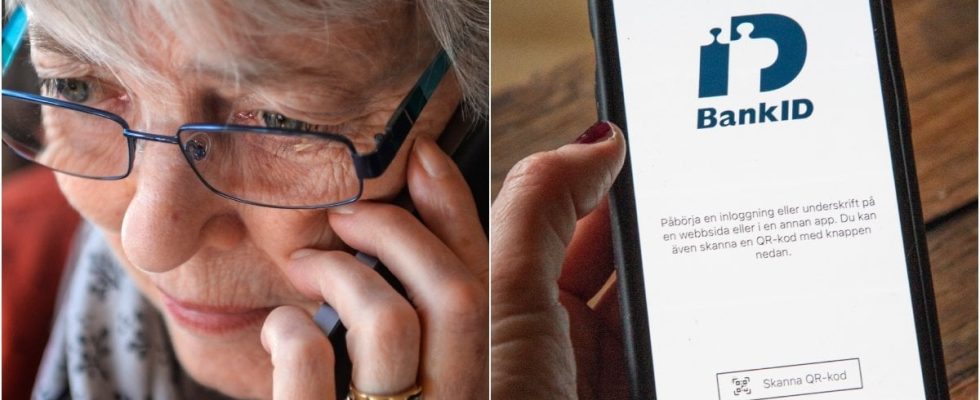Over 7,000 companies, authorities and associations are connected to BankID in Sweden. Through them, 8.5 million Swedes use the service at least twice a day on average. And in 2023 alone, a whopping 7.1 billion identifications and signatures were completed. In other words, BankID is a large part of the economic landscape in Sweden.
Over time, fraudsters have also taken the opportunity to use the function to get hold of private individuals’ account details.
In text messages and phone calls, fraudsters try to get hold of sensitive information such as account numbers and thereby get you to approve bank withdrawals. The phenomenon is also called “spoofing”, where the fraudster pretends to represent, for example, BankID, an authority or a company in order to trick you into sharing sensitive information.
Sharpen the warning to BankID users: “Delete the message”
BankID: Update no later than May 1, 2024
In a step to increase the security of BankID’s users, they have now issued a strong call to companies and authorities. On their website, they have shared an image with accompanying information about what it means:
“Remember secure start before May 1. To further increase security and protect both companies and users, all organizations that use BankID in their e-services need to update to our latest RP-API before May 1, 2024”.
Have you received this SMS? Now the Tax Agency is warning about the scam
On BankID’s website, companies and authorities are urged to increase security. Photo: Screenshot bankid.com
The reason why thousands of organizations are now being asked to update their technical interface by BankID is so that they can get access to several security updates which, among other things, reduce the risk of remote fraud.
– The geopolitical situation is tougher and we read daily about cyber attacks and fraud. We update BankID continuously with new protections and now we urge companies and authorities that use BankID to update their implementation of BankID to take advantage of the new security updates, says Charlotte Patakypress officer at BankID, to News24.
With the new technical interface, businesses are thus invited to update their services. According to Pataky, this is how we together increase the security around us when it comes to digital services in particular.
Here are the scammers’ favorite victims: “The most vulnerable”
Charlotte Pataky is press officer at BankID. Photo: Press image BankIDSo you will be affected by BankID’s change
But what does it mean for you as a private person, who is one of the millions of users of the service?
According to Pataky, you don’t need to do much at all.
– First of all, this is aimed at those who deal with financial transactions, in everything from credit companies to the Tax Agency and various authorities. It’s easier for the end user, it’s faster and it’s safer, she says, adding:
– Private individuals do not need to do anything or think about anything except having the latest updates to the BankID app and following security procedures. Remember that BankID is your personal e-identification that you should never use at the request of someone who contacts you.
The update that companies, organizations and authorities are now being asked to implement by May 1 at the latest is part of BankID’s choice to, among other things, exclude social security numbers from the identification process. Instead, a mobile QR code must be used, which requires the phone with mobile BankID and the computer to be in the same place. It will, according to Pataky, make it more difficult to carry out fraud.
The update will also mean that you will no longer initiate an identification or signature by entering your social security number in an e-service or similar. Instead, you should use autostart or the moving QR code.
Swish new change – then it starts to apply
BankID launches moving QR code. Now companies and authorities are asked to update the interface to increase the security of users. Photo: Fredrik Persson/TT
The insurance company’s sharp warning to customers: “Scam”
